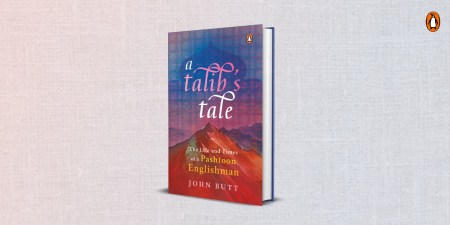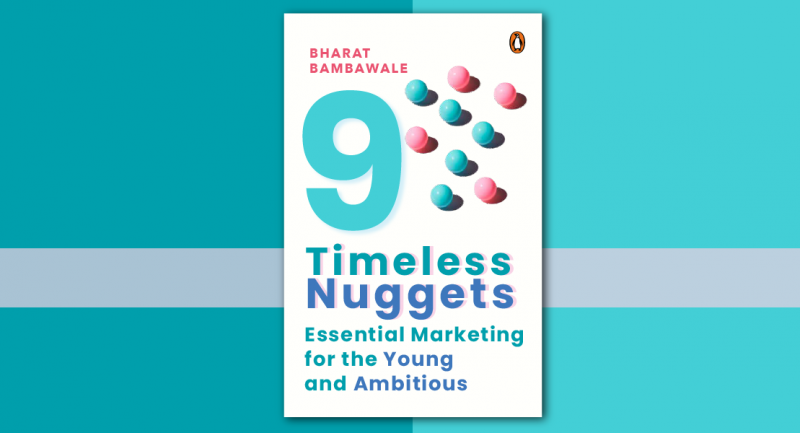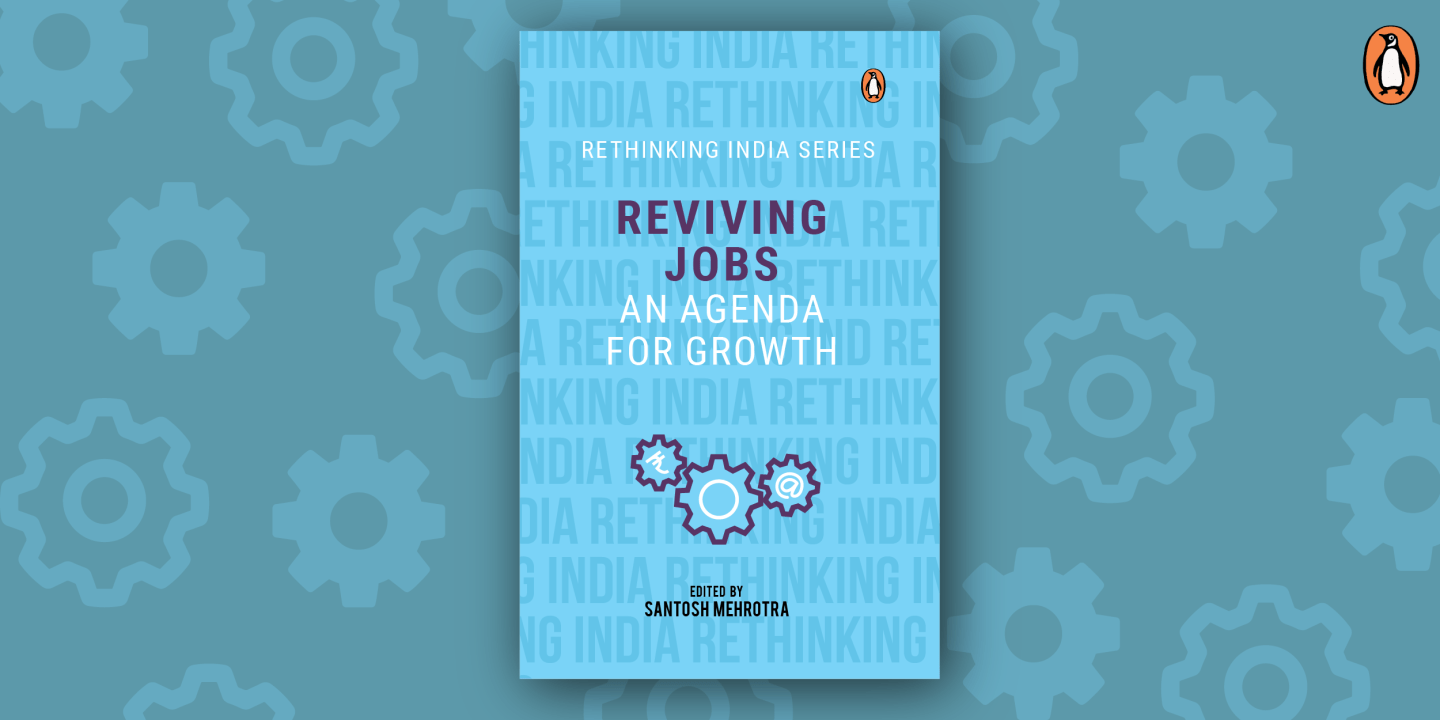
John Butt came to Swat in 1970 as a young man in search of an education he couldn’t get from his birthplace in England. He travels around the region, first only with friends from his home country, but as he befriends the locals and starts to learn about their culture and life, he soon finds his heart turning irrevocably Pashtoon.
Read an excerpt from his book, A Talib’s Tale below:
A Talib’s Trade
The best provision is that which one has worked for, with the labour of one’s own hands.
—Hadith
1973
I owe a lot to Maulana Khan Afzal, but two things in particular. For one, he instilled in me a love of India. Secondly, he showed me practically that one should always work for one’s living.
When I said to Samar Gul in Bara that I was going to the Afridi heartland of Tirah Maidan, he immediately mentioned Khan Afzal. Laiq’s family had some land in Tirah, and he and I had decided to move there for the summer. : ‘That is great,’ Samar Gul said, ‘you will be able to study with Maulana Khan Afzal.’ Like the Sarkai maulvi sahib, Maulana Khan Afzal was an eminent scholar, but at the time he did not have any students residing with him. He was able to devote all his time to tutoring me. I believe it was largely because Tirah was so inaccessible that there were no other students studying with the maulana. Later on, in the late nineties when I visited Maulana Khan Afzal again, he had a good ten to twelve students studying with him. He had become a focal point for talibs, as the Sarkai maulvi sahib had been in the 1970s.
Every day, with my books under my arm, I would make the forty-five-minute walk from Saddar Khel, where Laiq lived, to Landi Kas. Tirah Maidan is a huge, expansive plateau, the like of which there are many in Afghanistan—the Gardez and Logar plateaus are two that spring to mind. The difference with Tirah Maidan is that it is surrounded by richly forested hills, while the hills that surround other Afghan plateaus are mostly bare. Two tributaries of the Bara river meet at the centre of Tirah Maidan, the Malik-Din Khel Bagh. It is the natural capital of Tirah Maidan. The land dips towards that point, as do the streams and the people. From the eastern side, the tribes of Zakha Khel and the Lower Qambar Khels, known as Shalobaris, from the western side the huge swathe of Malik-Din Khel territory, and beyond that the Upper Qambar Khels. From Saddar Khel, I would walk down towards the Malik-Din Khel Bagh, then fork right towards Landi Kas, tucked in a hillside between Bagh and Dunga in Sholobar territory.
I had been studying a Sufi type of collection of Hadith, entitled Riyadh’as-Saliheen—the Path of the Righteous. I say it was Sufi oriented since it was mostly organized according to the virtues that Sufis strive to attain—repentance, patience, sincerity, trust in Allah, steadfastness. It is very spiritually oriented. I am glad I began my study of Hadith with this book. It has remained my favourite collection of Hadith—extremely cleansing and refreshing. However, Khan Afzal switched me to the more mainstream and standard Mishkat’al-Masabih. Mishkat is arranged more conventionally, according to the various strands of jurisprudence: prayer, fasting and the other forms of worship or ibadat—one’s interaction with Allah—followed by muamilat—one’s dealings with other human beings. In the entire Islamic canon, there is this distinction between the rights of Allah—huqooq’Allah—and the rights of one’s fellow beings, indeed of all Allah’s creatures—huqooq’al-ibad. While in Hadith study Khan Afzal went for the more orthodox Mishkat, in jurisprudence, his choice of book for my study was distinctly unorthodox. His preference was Taaleem’al-Islam, written in Urdu by his own teacher, Mufti Kefayatullah of Delhi. ‘Along with learning Islamic jurisprudence—fiqh—you will learn Urdu,’ he recommended. For Taaleem’al-Islam I went outside with his elder son Abdul Hakeem, then a teenager. I guess Abdul Hakeem felt more comfortable teaching me with his father not immediately on hand. We sat on the verge of the field, had a laugh and chatted a lot, while at the same time also reading Taaleem’al-Islam.
In encouraging me to learn Urdu, it was as though the maulana had a premonition or was goading me in the direction of study in India. It had not been that long, maybe twenty or twenty-five years, since he had returned from studying in the Aminiya madrasa in Delhi. India had rubbed off on him to a considerable degree, in a way making him an unusual Afridi. He even continued to wear a lungi—a skirt-like garment favoured by Muslims of India—at home. Pashtoons generally consider this garment effeminate. Even the maulana would not be seen in that garment outside the home. I have replicated Maulana Khan Afzal in this regard. Even when I am in Afghanistan, I wear a lungi in my place of residence; when I am in north India, I wear my lungi a little further afield, as far as the local shops; when I am in south India, I wear a lungi pretty much all the time. At the time when I was studying with the maulana, I used to ask him a lot about India. In a memorable phrase, he once told me that ‘even the dogs of India have manly virtues’—’da Hindustan spi ham saritob laree.’ ‘What’s Delhi like, compared to Peshawar?’ I once asked. ‘What is Hangu like compared to Peshawar?’ he asked rhetorically, referring to a town in the Frontier province, where buses set out towards Tirah. I answered that it was just a tiny town by comparison to Peshawar. ‘Well, so is Peshawar tiny compared to Delhi.’
Yet at the same time the maulana was the most staunchly Afridi of all the Panjpiris. He absolutely loved his native Tirah. I am getting ahead of myself here, but when he was expelled from Tirah along with other Panjpiris and resided for a while in Peshawar, he pined for his motherland so much that he used to console himself by reciting poems written by muhajirs—those who had emigrated from Mecca to Medina at the time of the Holy Prophet—expressing their homesickness for Mecca. He was also invariably cordial with his fellow Afridis, irrespective of whether they subscribed to his Panjpiri views or not. I never saw him take issue or argue with anyone about matters of dogma. He would enact his duties as the pre-eminent Islamic scholar in Tirah Maidan, in the course of which he would explain how important it was to believe in the oneness of Allah and to follow the Sunna of the Holy Prophet. These two things—Tauhid and Sunna—are the twin pillars on which Panjpiri dogma is founded. But he would never become aggressive towards those who did not subscribe to Panjpiri beliefs.
A Talib’s Tale –The Life and Times of a Pashtoon Englishman is available now (also as an e-book)!









